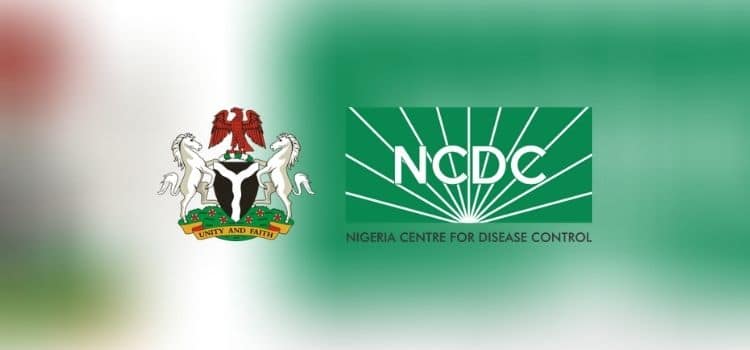By Iyeamah David
The Nigeria Centre for Disease Control and Prevention (NCDC) says it is aware of the ongoing outbreak of Ebola Virus Disease (EVD) caused by the Sudan strain of the Ebola Virus (EV) in Uganda.
The Director-General, NCDC, Dr Ifedayo Adetifa, in a statement on Tuesday made available to newsmen in Abuja, said that Uganda had, on September 20, declared the outbreak of the virus and that it was on an alert mode.
The outbreak has also been confirmed by the World Health Organization (WHO).
The Sudan strain of the Ebola virus is the known cause of EVD, having caused previous outbreaks in Uganda, South Sudan, and the Democratic Republic of Congo.
The Uganda Virus Research Institute confirmed the virus in samples collected from a 24-year-old male, who had exhibited symptoms of the disease and later died in Mubende District in the Central Region, about 175km from the capital, Kampala.
As of September 29, the Ugandan Ministry of Health reported 54 cases (35 confirmed and 19 probable) and 25 deaths (7 confirmed and 18 probable).
The Ugandan Ministry of Health, with the support of WHO, is working to effectively respond to and contain the spread of the virus.
The NCDC boss said that the agency’s -led multisectoral National Emerging Viral Haemorrhagic Diseases Technical Working Group (NEVHD TWG), working with partners and stakeholders, had conducted a rapid risk assessment to guide in-country preparedness activities.
“The NEVHD TWG coordinates preparedness efforts for EVD and other emerging viral haemorrhagic diseases. Based on available data, the overall risk of importation of the Ebola virus and the impact on the health of Nigerians has been assessed as high for the following reasons:
“The Sudan Ebola Virus does not currently have an effective drug for treatment or licensed vaccine for prevention. The extent of the outbreak in Uganda has not yet been ascertained as investigations have shown that some persons may have died with similar symptoms which were not reported to health authorities.
“In addition, their burials were not conducted safely to prevent transmission. The case fatality rate of the Sudan virus varied from 41 per cent to 100 per cent in past outbreaks. The likelihood of importation to Nigeria is high, due to the increased air travel between Nigeria and Uganda, especially through Kenya’s Nairobi airport, a regional transport hub, and other neighbouring countries that shared a direct border with Uganda.
“The likelihood of spread in Nigeria following importation is high due to the gatherings and travel associated with politics, the coming yuletide as well as other religious gatherings and festivals during the last few months of the year,” he outlined.
He said that in spite of the risk assessment, the country had the capacity – technical, human (health workforce), and diagnostic – to respond effectively in the event of an outbreak.
“This is exemplified by our successful response to the Ebola outbreak in 2014, as well as improvements in our capacity for health emergency response during the COVID-19 pandemic.




